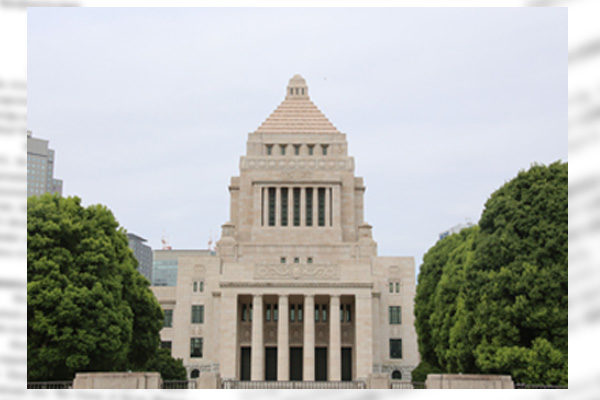On February 1, the Japanese National Diet’s House of Representatives adopted a resolution on human rights in China’s Xinjiang Uyghur region, Tibet, South Mongolia and Hong Kong. Instead of ending up adopting the resolution, the Diet should hear the human rights abuse reality from Uyghurs in Japan and publish a relevant human rights report.
The resolution had originally been designed to denounce China for human rights suppression and express the Lower House’s determination towards legislation for relieving victims. However, the adopted resolution fails to include the word “China.” Furthermore, the words “denounce” and “human rights abuses” have been deleted through coordination within the ruling coalition. Can Japan be proud of such a watered-down resolution in the international community? I would like to urge Diet members to reflect seriously.
Listen to Uyghurs in Japan
If listening to Uyghurs living in Japan, Diet members would find how insufficient their resolution is. Even as social networking services have developed so much, they cannot contact their relatives in Xinjiang. Their relatives have been put into internment camps or prisons for unknown reasons. Even if Uyghurs in Japan can communicate with their relatives, Chinese security authorities put those relatives under control and sometimes ask those Uyghurs in Japan to provide information on Japan. Not a few Uyghurs have naturalized in Japan. China’s human rights suppression is not someone else’s problem.
As was the case with the resolution, when China’s human rights issues are planned to be taken up in Japan, some within the Japanese government and the ruling coalition routinely warn that China could raise wartime comfort women and other Japanese issues in the international community in reaction to such plans. They argue that Chinese courts might accept suits regarding comfort women and wartime workers and give a series of rulings ordering Japanese companies to pay compensations.
A similar development came in regard to the Japanese government’s recommendation of goldmines on the island of Sado in Niigata Prefecture as a World Cultural Heritage site to be designated by the United Nations Educational, Scientific and Cultural Organization (UNESCO). In this case, South Korea has raised opposition to the recommendation. China and South Korea occasionally cooperate in challenging Japan to historical battles. Japan should not avoid human rights issues and historical awareness argumentations. We have no choice but to squarely rebut their claims and make an effort to tell the international community the truth.
International commitment to engage with human rights
Japanese Prime Minister Fumio Kishida and U.S. President Joe Biden at their online meeting on January 21 shared serious concern on human rights conditions in Hong Kong and the Xinjiang Uyghur autonomous region. The joint statement issued after an online “2+2” meeting between Japanese and U.S. foreign and defense ministers on January 7 said, “[the ministers] committed to cooperate with all who share a commitment to respect for freedom, democracy, human rights, the rule of law, international law, multilateralism, and a free and fair economic order.” Japan is obliged to tackle China’s human rights issues in coordination with the United States since the Japanese and U.S. leaders have committed to do so.
Takashi Arimoto is a Planning Committee member, Japan Institute for National Fundamentals, and publisher of Monthly Magazine SEIRON at the Sankei Shimbun newspaper.


